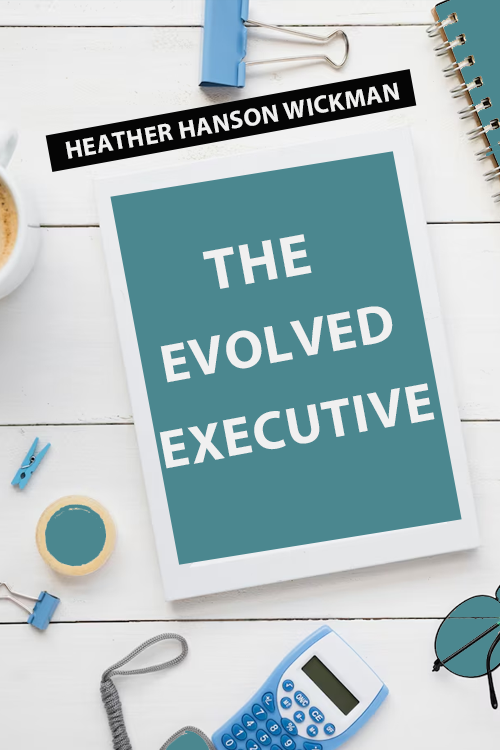About this Author
Heather Hanson Wickman is a highly regarded executive coach and leadership developer, holding a PhD in organizational systems. Following a successful career in corporate healthcare, she established her firm, Untethered Consulting.
2021
Self-Help
Conclusion
7 Key Points
Conclusion
Workplaces must evolve to prioritize employee well-being and develop collaboration. Leaders should accept change and promote a culture of trust and love. By focusing on personal growth and transparency, companies can create environments where innovation thrives and employees feel valued and engaged.
Abstract
Heather Hanson Wickman argues that modern workplaces urgently need to evolve from outdated, fear-driven management structures to promote employee empowerment and well-being. She emphasizes that traditional top-down approaches lead to toxic cultures and disengagement, resulting in significant stress and lost productivity. By advocating for leadership rooted in love, connection, and purpose, Wickman outlines essential mindsets for personal and organizational transformation. Through real-life examples, she illustrates how developing transparency, collaboration, and adaptability can create healthier work environments. Ultimately, her message underscores the importance of self-awareness and nurturing a positive company culture for sustained success.
Key Points
- Workplace stress leads to many preventable deaths, highlighting the need for healthier work environments.
- Fear-based management harms productivity and creates toxic workplaces.
- Leaders should focus on self-awareness and emotional intelligence for better leadership.
- A positive company culture encourages creativity, trust, and open communication.
- Transforming the company structure promotes collaboration and flexibility among employees.
- Flexible roles and shared responsibilities help teams adapt to changing demands.
- Transparency and mentorship can enhance employee engagement and support growth.
Summary
The Workplace Needs Adaptability
Workplace stress and overwork contribute to around 120,000 preventable deaths in the US every year. What’s even more troubling is that researchers from the Mayo Clinic have found that your boss may have a bigger impact on your health than your doctor. Despite this, a Forbes survey shows that 58% of employees would trust a stranger over their boss. These facts make it clear that workplaces need to change. Many companies have not adapted to modern times and still rely on outdated top-down management structures that were developed during the Industrial Revolution.
Back then, this strict, boss-centered approach worked for factory production, but today’s business world is completely different. Just look at the fact that only 10% of the companies from the original Fortune 500 list in 1955 still exist today. This is often referred to as the "Fortune 500 Disease," but it just shows a failure to adapt. Successful companies today don’t rely on strict authority and control. They are flexible, adaptable, and better suited to the fast-changing modern world. For businesses to stay competitive, they need to empower emplo
Share:



